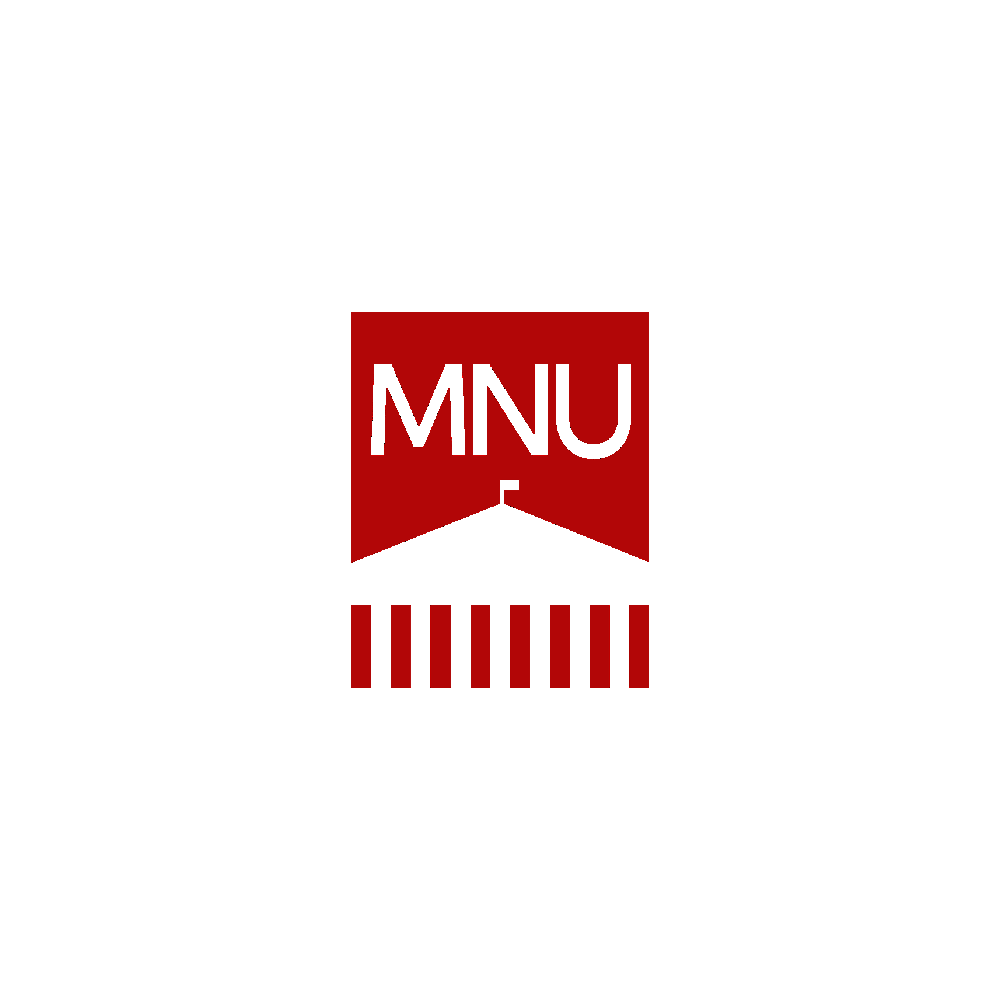On February 27, another session of MIND-Talks took place at the ORTA Community, focusing on the topic of corruption and how it is perceived by society. The lecture was delivered by A. Rodionov, Head of the Social Research Program at the MIND Center, Maqsut Narikbayev University.
Key Questions Discussed:
- How do corruption concealment mechanisms operate, and what strategies do participants use?
- Why are some schemes perceived as “normal” and fail to provoke public condemnation?
- How effectively do Kazakhstanis recognise patterns of corruption?
Participants engaged in more than just a lecture — they explored real-life cases, learning to distinguish between legitimate procedures and corrupt practices.
MIND-Talks is an ongoing series that brings critical social issues into open discussion.
Stay tuned for upcoming sessions and join us in exploring today’s most pressing topics!
On February 20, Maqsut Narikbayev University hosted a visiting meeting of the Senate Committee on Constitutional Legislation, the Judicial System, and Law Enforcement Agencies, chaired by Deputy Chairman of the Senate Zhakip Asanov. The central topic of discussion was the use of readability assessment tools for legal acts and their role in enhancing the quality of lawmaking.
During the session, Dmitriy Serebrennikov, Head of the Department of Sociological Research at the Applied Research and Analytics Center MIND, presented quantitative methods for analysing regulatory legal texts. He emphasised the importance of developing objective indicators to measure text complexity and the need for unified standards for assessing the readability of legislative documents.
In addition, Olga Bektibayeva, Director of the MNU Law School, and Anton Didikin, Associate Professor at the MNU Law School, shared methodological recommendations for improving the clarity and accessibility of regulatory legal acts.
It was noted that automated text analysis tools can play a key role in improving the quality of legal drafting. These tools can make legal texts more understandable for both professionals and the general public, thereby supporting higher levels of legal literacy and more effective implementation of the law.
The meeting highlighted the need for an integrated approach that combines scientific research, technological innovation, and legislative development to create more accessible and effective legal frameworks.
The outcomes of the discussion will inform upcoming parliamentary hearings and contribute to the development of recommendations for the Government.
On 7 October 2024, Maqsut Narikbayev University hosted a round table titled “Approaches to Legal Regulation of the Labour Sphere in the Era of Artificial Intelligence and Other Digital Technologies” at MIND, held within the Labour Law Days of the Research School of Labour Law.
The discussion brought together experts to explore critical topics at the intersection of labour law and technological advancement, including:
- Legal regulation of artificial intelligence through the lens of legislative processes: how can legal reforms adapt the world of work to emerging technologies, and what risks should labour market stakeholders be aware of?;
- Key challenges to labour law arising from automation and AI, including the introduction of technologies such as smart workwear;
- Improving the procedures for assigning social benefits using IT solutions;
- The impact of AI on labour law in the context of platform-based employment: international regulatory experience, current gaps in Kazakhstan’s legal framework, and prospects for development;
- Emerging issues related to the interaction of mediation and artificial intelligence in pre-trial and judicial settlement of labour disputes;
- Strengthening employee protections and guarantees in labour legislation concerning the use of AI.
The round table concluded with an open discussion, during which participants examined international legal initiatives such as the EU Artificial Intelligence Act and the Directive on Improving Working Conditions in Platform Work. These exchanges offered valuable insights into the development of Kazakhstan’s labour legislation in the context of digital transformation.


